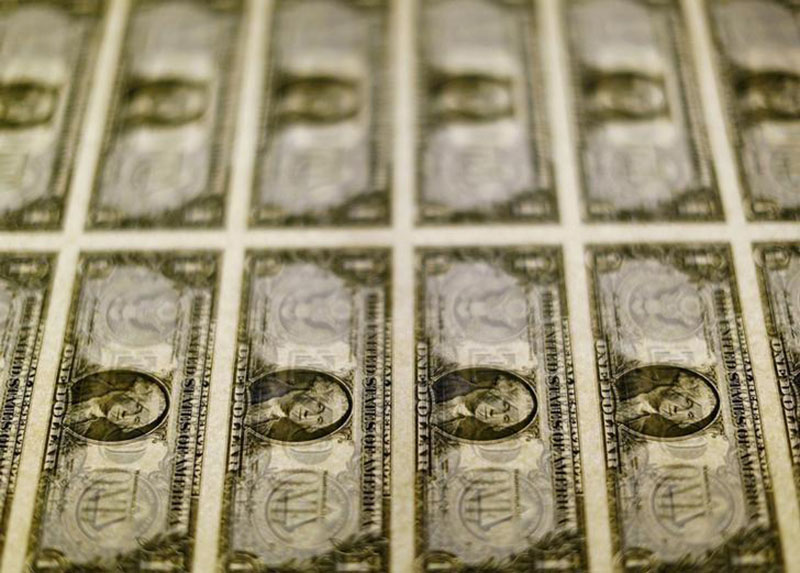Dollar slips vs yen, on track for weekly losses
SINGAPORE: The dollar slipped against the yen on Friday and was on track for weekly losses in a week marked by continuing uncertainty about when US interest rates will rise.
The dollar fell 0.4 percent to 102.12 yen JPY=, pulling away from Thursday's high of 102.60 yen. For the week it was on track for losses of 1.8 percent.
While some analysts said reports of a North Korean nuclear test could be lending support to the yen, a low-yielding funding currency that can rise on short-covering in times of market stress, others played down the impact.
North Korea announced on Friday it had conducted its fifth nuclear test, hours after seismic monitors detected a blast near the secretive country's nuclear test site.
The dollar just seems to be losing some momentum against the yen in the wake of its bounce on Thursday, said a trader for a Japanese bank in Singapore.
The market's focus is on whether the US Federal Reserve will raise interest rates soon, and also on whether the Bank of Japan will add to its aggressive monetary stimulus. Both central banks hold policy meetings on September 20-21.
A disappointing US nonfarm payrolls report a week ago and a weaker-than-expected service sector survey on Tuesday led some investors to trim bets that the Fed would be raising rates as early as this month, despite a chorus of Fed officials signaling that the time to hike was approaching.
The dollar will probably stay above 100 yen and trade toward 104 yen to 105 yen ahead of the monetary policy decisions by the BOJ and Fed this month, said Jesper Bargmann, head of trading for Nordea Bank in Singapore.
"I think we will see a slightly higher dollar/yen…on some expectation, even if it's small, of BOJ stepping into unknown territory," Bargmann said, referring to the possibility that the BOJ could aggressively expand its monetary stimulus.
BOJ Governor Haruhiko Kuroda said on Friday that he discussed domestic and external economic developments and financial markets in a regular dialogue with Prime Minister Shinzo Abe.
There were no special instructions from the prime minister and no discussion about whether to buy foreign bonds, Kuroda told reporters.
The euro edged up 0.2 percent to $1.1280 EUR=, holding firm after the ECB left interest rates unchanged on Thursday.
The ECB kept the door open to more stimulus but gave no explicit hints about its next move, and ECB head Mario Draghi said that further expanding its asset-purchase program had not even come up for discussion.






